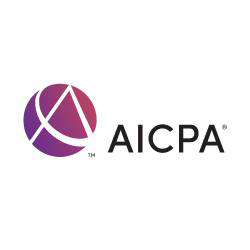CAF (Centralized Authorization File) numbers are vital for tax practitioners, enabling them to represent taxpayers before the IRS. However, these numbers can sometimes be placed in “pending review” status due to potential security concerns.
The IRS’s Office of Professional Responsibility has aggregated several resources to provide news and guidance to practitioners. You can access that repository here.
The OPR sent a bulletin on May 8, 2024, detailing information regarding CAF numbers in ‘pending review’ status. You can read the bulletin in its entirety here.
What is a CAF Number?
A CAF number is a unique identifier assigned to tax professionals, distinct from their PTIN or SSN, used to verify their authority to access taxpayer information.
Why Might a CAF Number Be Reviewed?
Reviews are triggered by possible identity theft or fraud. Even legitimate practices that raise red flags or external data breaches can cause a CAF number to be flagged. During the review, the IRS suspends the practitioner’s ability to use the CAF number to prevent unauthorized access to taxpayer information.
How to Expedite Review Resolution:
Practitioners notified of a pending review should verify their identity promptly by sending notarized documents with photo identification to the IRS. This can help accelerate the resolution process, possibly involving issuing a new CAF number. The notarized document should be returned to CI using the mailbox provided in the letter within 30 days from the date of the letter.
The return of the notarized document will then begin a dialogue to verify their client listings and, if needed, issue a new CAF number. In some cases, the dialogue may be done over the phone to accelerate the process.
Impact and IRS Efforts:
While the review process aims to protect taxpayer data, it can hinder practitioners’ operations. The IRS continually refines its procedures to balance security with minimizing disruptions to tax professionals.
Disclosure: This information was crafted using AI technology. Our team has reviewed, edited, and verified the content for accuracy, quality, and relevance.



